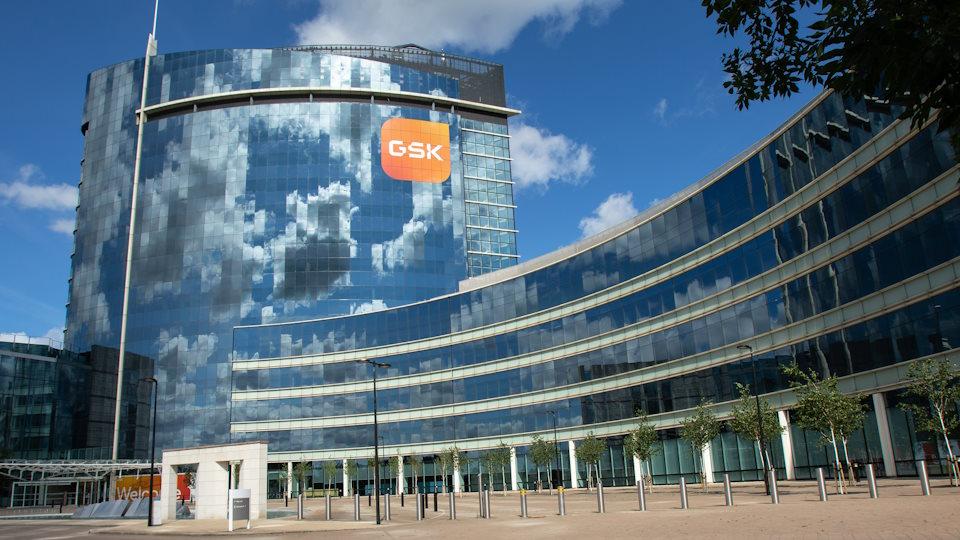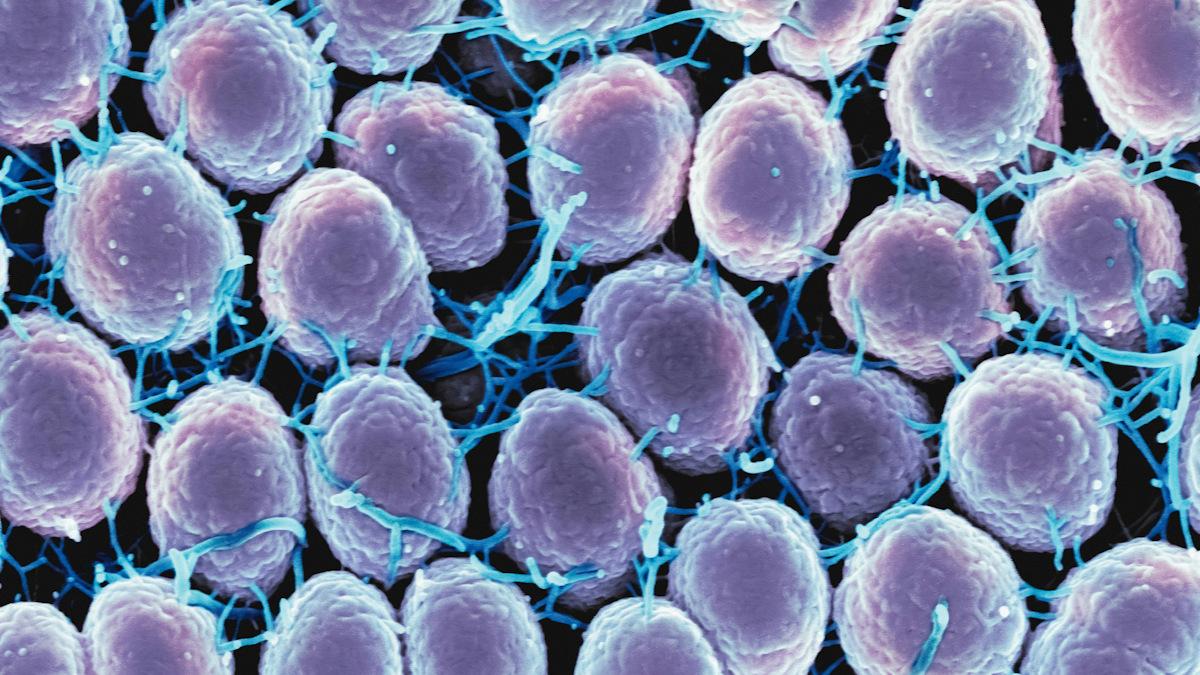GSK reveals data on novel gonorrhoea drug gepotidacin

GSK has unveiled the data for its novel antibiotic gepotidacin as a treatment for gonorrhoea, putting the drug on track to become an important therapy for people with resistant forms of the sexually transmitted infection.
The results of the EAGLE-1 study will be presented at the European Society of Clinical Microbiology and Infectious Diseases (ESCMID) Global congress later this month, but GSK has now confirmed that gepotidacin achieved a 92.6% microbiological success rate and was non-inferior to a widely-used therapy when used to treat uncomplicated urogenital gonorrhoea (GC).
In the 600-patient study, two doses of the potentially first-in-class oral antibiotic matched standard combination therapy with intramuscular ceftriaxone plus oral azithromycin, which showed a 91.2% response at the ‘test-of-cure’ clinical visit, which takes place between three and seven days after treatment starts.
EAGLE-1 is the third positive phase 3 trial for gepotidacin, which is aiming to become the first triazaacenaphthylene antibiotic to reach the market, and comes after the drug hit the mark in the EAGLE-2 and EAGLE-3 studies in uncomplicated urinary tract infections (uUTI).
“These results highlight the potential of gepotidacin as a new oral treatment option given the rising incidence of gonorrhoea worldwide, including drug-resistant infections,” said GSK’s head of development, Chris Corsico.
“The imperative for innovative treatments has never been clearer,” he added. “We are committed to working with health regulators globally to introduce this potential new antibiotic.”
Gonorrhoea was diagnosed in 82 million people in 2020 and, according to World Health Organization (WHO) estimates, ranks high among the agency’s infectious diseases of greatest concern, as it is rapidly becoming resistant to available antimicrobial medicines.
In the US alone, case numbers increased 118% between 2009 and 2021, to reach more than 710,000 – an alarming increase, given that some so-called ‘super-gonorrhoea’ infections have become untreatable with all seven main antibiotic classes. Similar patterns have been seen in other nations, including the UK.
If untreated, gonorrhoea can lead to infertility in both men and women and other sexual and reproductive health complications, as well as increasing the risk of HIV infection.
GSK is one of just a few big pharma companies still investing in new antibiotics after many of its peers exited the category on the grounds that it was difficult to get a return on investment into therapies that tend to be reserved for use when earlier-line drugs have failed. It is being supported in the development of gepotidacin by the US Biomedical Advanced Research and Development Authority (BARDA).
One other player in the gonorrhoea category is Innoviva, whose bacterial type II topoisomerase inhibitor partnered with the Global Antibiotic Research & Development Partnership (GARDP), showed efficacy in a phase 3 trial reported last year.
Meanwhile, GSK is also developing a potential vaccine for gonorrhoea in phase 2 trials (GSK4348413), which was given a fast-track designation from the FDA last year.













